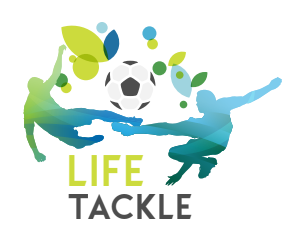
With the end of summer holidays and other unexpected limitations caused by the COVID-19 outbreak, talks and meetings have resumed and the Belgian national stadium’s transition to a more environmental friendly one could further advance.
Ever since the stadium bearing the name of the late Belgian king Baudouin embarked the LIFE TACKLE project it triggered an essential domino effect in the Brussels which lead to an engagement of the most various stakeholders in the Capital Region. One year after the kick-off meeting the stadium, its owner and its users are looking at a very busy autumn of 2020, as well as spring of 2021. Having brought together the regional entities with roles in several fields of environmental management, including waste management and mobility, but also private companies such as Coca-Cola, AB InBev and others enabled the working group lead by the Royal Belgian Football Association to set up a reasonable and promising plan. From the very beginning, ACR+ was having an important role in terms of overseeing this process and liaising with the LIFE TACKLE project activities.
Several preparatory pilot tests and a comprehensive survey on waste management and mobility among the stadium goers which were completed earlier this year gave a green light for laying out the necessary work frame which would ensure successful final results. Selective waste collection, environmental friendlier mobility options, reusable cups among others were put on test during the final stages of the European qualifiers in October and November last year. Installing temporary selective waste collection infrastructure for the first time, as the stadium didn’t have any before, resulted in a capture rate of 83% of PMD, which brought the amount of residual waste down by 18.5%. Furthermore, a temporary cup return scheme in which a visitor would get a free drink for returning 10 empty cups which was set up as an awareness raising campaign resulted in further savings as 24 kg of single use cups were sent for recycling instead of incineration. The survey results which highlighted the need for improvements in the field of environmental management in the stadium only confirmed and backed these initiatives and the Royal Belgian Football Association’s intentions.
These results gained some important attention from the Brussels vice-mayor’s cabinet and brought them on board as a valuable reinforcement in the working group. With the later inclusion of the regional environment authority (Brussels Environment), waste management authority (Brussels Cleanliness), the national reference point for sorting and collecting packaging waste (Fostplus) and indirectly several others, the work plan could advance with an even greater pace. By 2021, the stadium should see permanent infrastructure for selective waste collection, a solution for decreasing the environmental impact of single use cups and several environmental friendlier mobility options.



